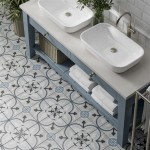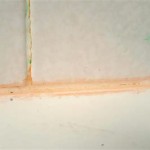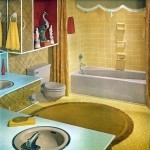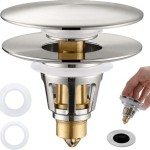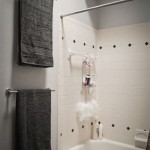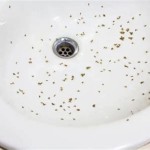Why Do Ants Go in the Bathroom?
Ants, those ubiquitous and often-annoying insects, are known for their remarkable ability to navigate complex terrain and find their way back to their nests. It is therefore unsurprising that they can easily locate and access human dwellings, including bathrooms. While it may seem perplexing that ants would be drawn to a space often associated with unpleasant odors, the reasons for their presence are multifaceted.
Food and Water Sources
Ants, like all living organisms, require a steady supply of food and water to survive. Bathrooms can inadvertently provide these resources, drawing ants in. The primary source of attraction is often water. Leaky pipes, unattended spills, and condensation in humid environments can create small pools of water, providing a vital resource for thirsty ants. Additionally, bathrooms can be a source of food, albeit unintentional. crumbs from snacks, forgotten food scraps, and even toothpaste residue can attract foraging ants, especially if not properly cleaned up.
Scent Trails and Communication
Ant colonies rely heavily on chemical communication through pheromone trails. Ants leave scent trails as they traverse their environment, allowing them to navigate efficiently and guide others back to valuable resources. These trails can easily be established in bathrooms, especially if ants have previously found food or water in those areas. They can also be attracted by the scents of soap, cleaners, and other bathroom products, which can appear similar to their natural foraging signals.
Nesting Sites
While not as common, bathrooms can sometimes provide attractive nesting sites for ants. The presence of moisture, warmth, and potential food sources can create ideal conditions for ant colonies to establish themselves. Cracks and crevices in walls, floors, or under sinks can offer protected spaces for ants to build their nests. Additionally, the presence of other insects, such as flies and mosquitos, can attract ants to a bathroom, providing another potential food source. Furthermore, dark and damp areas, such as under sinks or behind toilets, can provide ideal conditions for ant colonies to thrive.
Preventing Ant Infestations
To prevent ants from becoming a nuisance in your bathroom, it is crucial to eliminate their food and water sources. Make sure to promptly clean up any spills, crumbs, or food residue. Regularly inspect pipes and fixtures for leaks and repair them promptly. Ensure proper ventilation in the bathroom to minimize condensation and humidity. You can also try using ant repellents or pest control measures to deter them from entering your bathroom.
Remember, understanding the reasons behind ants' presence in bathrooms can help you take preventative measures against them. By addressing the underlying factors that attract them, you can make your bathroom less appealing to these persistent insects.

Are Ants Attracted To Your Bathroom Terminix

How To Stop Ants From Invading Your Bathroom Identification And Prevention Tips Tabor Pest Control

Niagara Pest Control Why Are There Carpenter Ants In The Bathroom

Boise Idaho Pest Control Pestcom

Why Do I Have Ants In My Bathroom

Keeping Ants Out Of Your Bathroom Extermpro

How To Get Rid Of Ants In The Bathroom

How To Get Rid Of Tiny Ants In Your Bathroom

How To Get Rid Of Ants In The Bathroom 2024 24h Pest Pros

Boise Idaho Pest Control Pestcom
